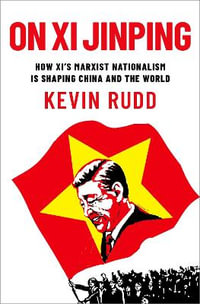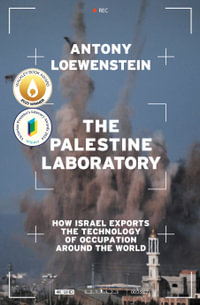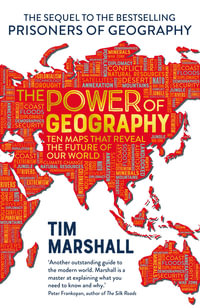If you enjoy science fiction in general and Star Trek and Star Wars in particular and you are interested in teaching a course on science fiction and theories of international relations and politics, you will probably find this book a good resource. The authors seem to be well qualified to write a book on applying theories of international relations and politics to the imaginary worlds of science fiction. . . . I think the resources it contains can be very useful in the hands of an instructor who knows and understands the history of the last century.
* VoegelinView *
Ironically, science fiction narratives succeed as a tool of IR pedagogy by shifting the context for the problems and processes that undergraduates often find overwhelming from a global to a galactic scale. In The Final Frontier, Campbell and Gokcek simultaneously connect students' lived experience to two different abstractions: the creative narratives of science fiction and the theories of global politics. Both kinds of texts are sense-making exercises, and studying the connections between the two empowers students to participate in the construction of metaphors that integrate IR theories into their own pre-existing understandings of the world. -- Jamie Frueh, Center for Engaged Learning
This highly engaging and fun book is also a serious text that enables college instructors to utilize science fiction film to teach a myriad of concepts and abstract theories in political science and international relations, making these ideas accessible to students. Not only does this book serve as a guide on how to incorporate these specific films into courses, it also discusses a wider array of films, relates them to current events, and places this pedagogy firmly in the longer history of the richness of social and political themes abundant in science fiction literature and film. -- Mary Jane C. Parmentier, Arizona State University
Campbell and Gokcek are able to engross students in international relations theory by using stories that have captured the attention of generations of students: Star Trek and Star Wars. These stories are familiar to most and also allow the more visually-engrossed students of today to indulge their quest for more material to watch. This approach to teaching international relations is ingenious. It allows instructors to move beyond the dryness of history and instead challenge their students to imagine what ifs belonging to the final frontier and a galaxy far, far away. -- Christina Fattore, West Virginia University
























